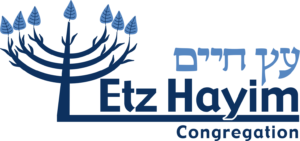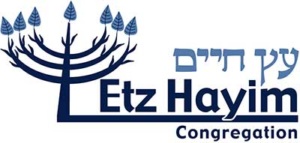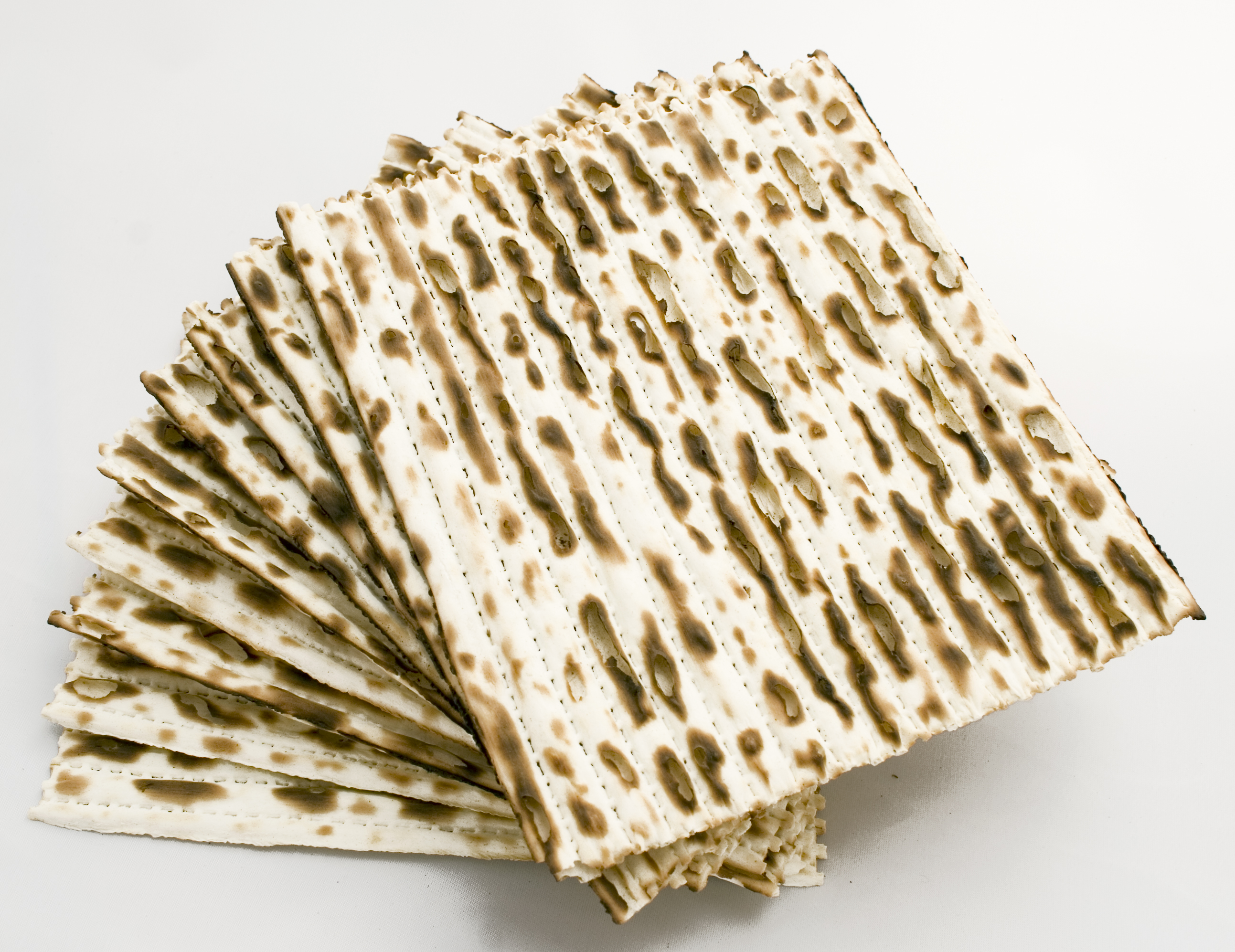I am not a big fan of Matzah. No matter what you do with Matzah, I never feel that it is really great. No one I know says: “The stuff right out of the box is great!” The majority of people will tell you, I love matzah brei, or Matzah with _______ (add whatever you like), but plain Matzah… not so much. Matzah is called lechem oni, a bread of poverty. In the Talmud, in Massechet Pessachim, we read: “Matzah is called bread of poverty because just as a beggar generally has only one piece of bread, so here too this bread can be only one piece.”
Rabbi Levi Yitzchak of Berditchev expands on this concept in his commentary, Kedushat Levi. He says:
A piece of bread is an indication of things that are lacking. Because you cannot slice a piece of bread. You cannot share it. The Matzah is called HaLachmah Anyiah, bread of poverty, because it cannot be shared, like a rich loaf of bread. It is just a slice, lonely. It is lacking something, and that something is a relationship with God. When the people of Israel are in relationship with God, they are wealthy, and they are called “Children,” Banim. When the people of Israel are alone and poor, they are called “Slaves,” Avadim.
Matzah is called bread of poverty because it cannot be shared, it stands alone, without a relationship with God, without being able to rely on the power of the community. When we are lonely, when we are not in a fruitful relationship with God and community, we are as slaves — too worried about the little details and unable to see the whole picture. We have a self-centered perspective about the world, and we become like that single slice of bread, without context, without the ability to share.
The power of the Lahma Anyiah, of the Matzah, is that it can teach us every year the importance of a relationship with God and the community. We have to taste the Matzah and go through the journey from slavery to freedom. Sometimes we allow ourselves to wallow in slavery. We let ourselves think that our misery is the greatest in the whole world. Having a commandment to eat Matzah at the Seder reminds us that the misery is only found in our lack of ability to see that around us we have our family, our friends, our community. We eat the lonely Matzah surrounded by people who love us and all of a sudden it stops being the “bread of poverty” and becomes the “bread of riches,” the riches of our communal life. The Matzah adds a reminder, every year, that indeed we have blessings in our lives. We must eat the bread of poverty so we can appreciate the blessings we have, and so we can be whole and in relationship with God and the community. The eating of Matzah promotes sharing ourselves with others when we learn together, build together, and create together. And this is the power of our gatherings for Pessah. There is nothing lacking. When we sit together at the seder we are not lonely pieces, we are part of a whole. We commit ourselves to Jewish learning and to Jewish continuity, to strengthening the connection between Jews, and of our communities and God. May we grow from strength to strength, learning not to be a lonely piece of Matzah, but to be a strong community in our relationship with God.


